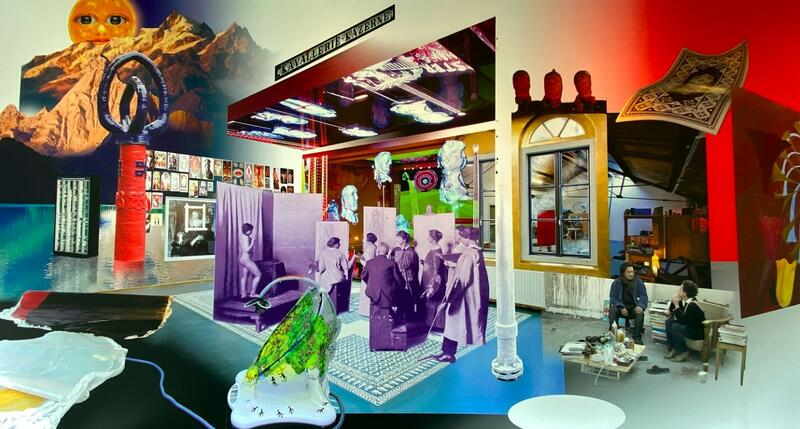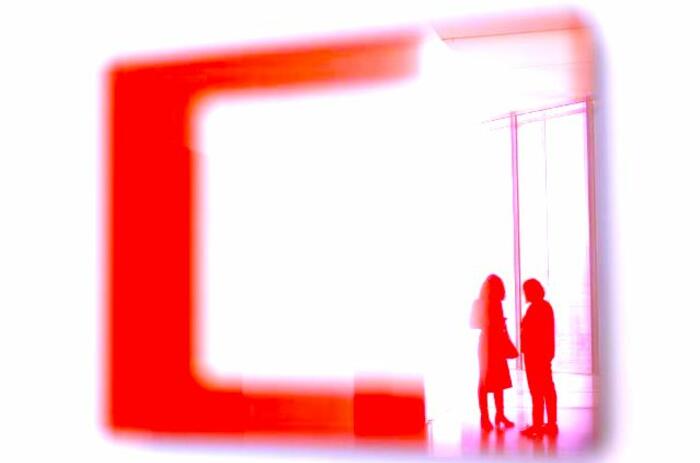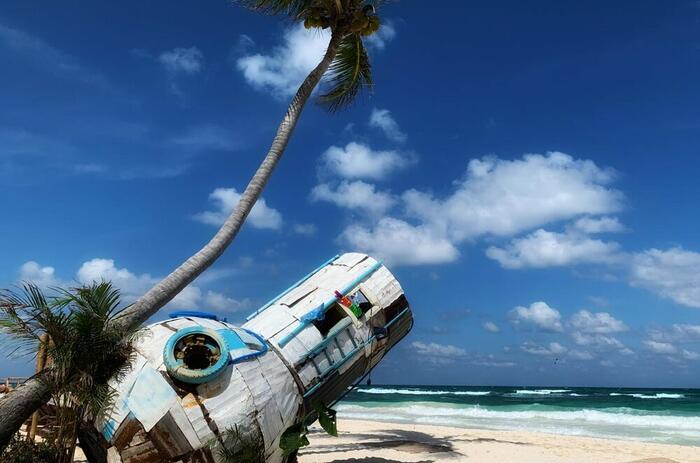APPLY FOR AN ARTIST RESIDENCY IN AMSTERDAM AT THE RIJKSAKADEMIE
All artists from all nationalities can apply to Rijksakademie van beeldende kunsten, an art academy and residency programme in the Dutch capital.

The Rijksakademie houses a highly international, multi-disciplinary, experimental and critically engaged artist community. Residents are supported with a studio, a work budget and a stipend and benefit from an array of opportunities for exchange, including peer-to-peer dialogue and visits from a wide range of leading art professionals. They have access to technical workshops as well as an extensive library and a historical collection. There is guidance by technical specialists, who foster hands-on, innovative and collaborative approaches to making.
The Rijksakademie residency is open to all visual artists from all countries and all disciplines. Selected artists usually have finished a BA/MA education and have at least 2 years of independent professional practice before starting a residency at the Rijksakademie, but there is no prerequisite to have undertaken a formal art education.
Most important for the jury is the work/portfolio of the applicant and the potential for further development within the specific context of the Rijksakademie. The academy aims for a highly diverse artists’ community, both in backgrounds and in ways of working, meaning they do take the applicant’s possible contribution to the artist community at the Rijksakademie into consideration as well.
Every year, about 22 places become available. Rijksakademie is seeking residents for the period September 2022–August 2023, with the possibility of staying one year more. Artists can apply by completing the online application form on their website between September 1 – October 1, 2021.
The Rijksakademie was established in 1870 by King William III. For the first one hundred years it served as a classical academy and taught artists such as August Allebé, Hendrik Berlage, Piet Mondriaan, Constant and Karel Appel. In the 1980s the Rijksakademie changed its course; classrooms were closed down and teaching programmes abandoned in favour of individual studios and critical dialogue with advisors. Since the 1990s the perspective grew increasingly global by inviting artists from Europe, Africa, Asia, Latin America and the Middle East. This shift in direction has led to their current two-year residency structure, which is distinguished by its international scope and diversity of artistic positions.




